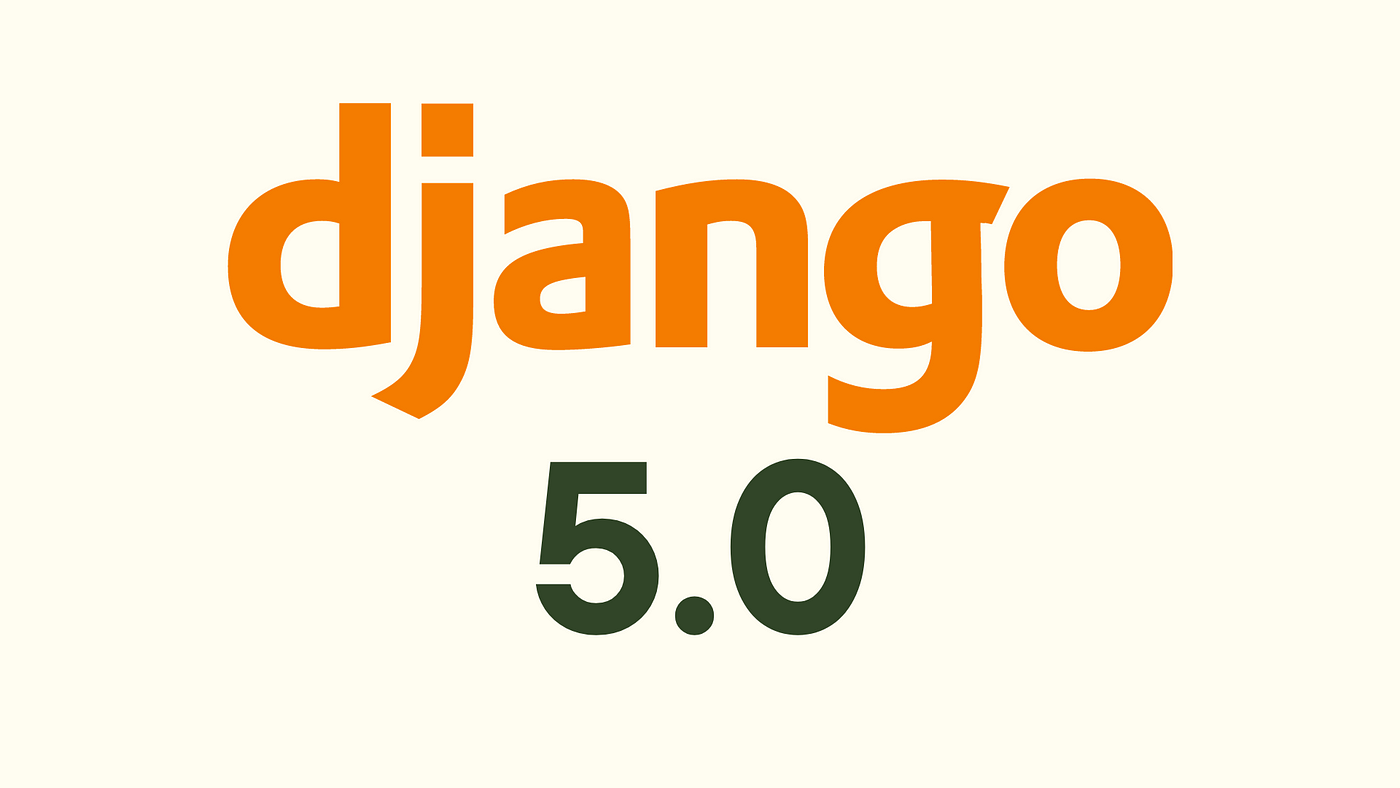why django framework now days most demand?

1-Batteries-Included Approach:
Django follows a "batteries-included" philosophy, providing a comprehensive set of built-in features for web development out of the box. This includes an ORM (Object-Relational Mapping) for database interaction, a robust admin interface, authentication and authorization systems, URL routing, form handling, and more. This approach allows developers to quickly build and deploy web applications without having to integrate multiple third-party libraries or frameworks.
2-High-Level Abstractions:
Django abstracts away many low-level complexities of web development, enabling developers to focus on writing application logic rather than boilerplate code. Its ORM simplifies database interactions, allowing developers to work with database models using Python classes. Similarly, its template language simplifies HTML generation and encourages separation of concerns between backend and frontend code.
3-Security:
Django prioritizes security and includes built-in protections against common web security threats such as SQL injection, cross-site scripting (XSS), cross-site request forgery (CSRF), and clickjacking. Its built-in authentication and authorization systems make it easy to implement user authentication and permissions in web applications securely.
4-Scalability:
Django is designed to scale, allowing developers to build scalable web applications that can handle increased traffic and load. It provides features such as caching, database connection pooling, and support for horizontal scaling through load balancing and clustering. Additionally, Django's modularity and support for reusable apps enable developers to modularize their codebase, making it easier to scale and maintain large applications.
5-Community and Ecosystem:
Django has a large and active community of developers who contribute to its development, provide support, and create a wide range of reusable apps, packages, and extensions. The Django ecosystem includes libraries, plugins, and third-party integrations for various purposes, such as RESTful APIs (Django Rest Framework), asynchronous tasks (Celery), and deployment automation (Fabric).
6-Documentation and Learning Resources:
Django offers extensive documentation that is well-structured, comprehensive, and beginner-friendly. It provides tutorials, guides, and references covering various aspects of web development with Django, making it easy for developers to learn and get started with the framework. Additionally, there are numerous online resources, books, and tutorials available for learning Django, further contributing to its popularity and demand.
7-Modularity and Reusability:
Django's modularity and support for reusable apps enable developers to modularize their codebase, making it easier to scale, maintain, and reuse code across projects.
8-Flexibility:
While Django provides a robust set of features out of the box, it also offers flexibility for developers to customize and extend its functionality according to their project requirements.
9-Versatility:
Django can be used to build a wide range of web applications, from simple websites and content management systems to complex, enterprise-level systems.
Comments (0)
No comments yet.Please login to write a comment!


